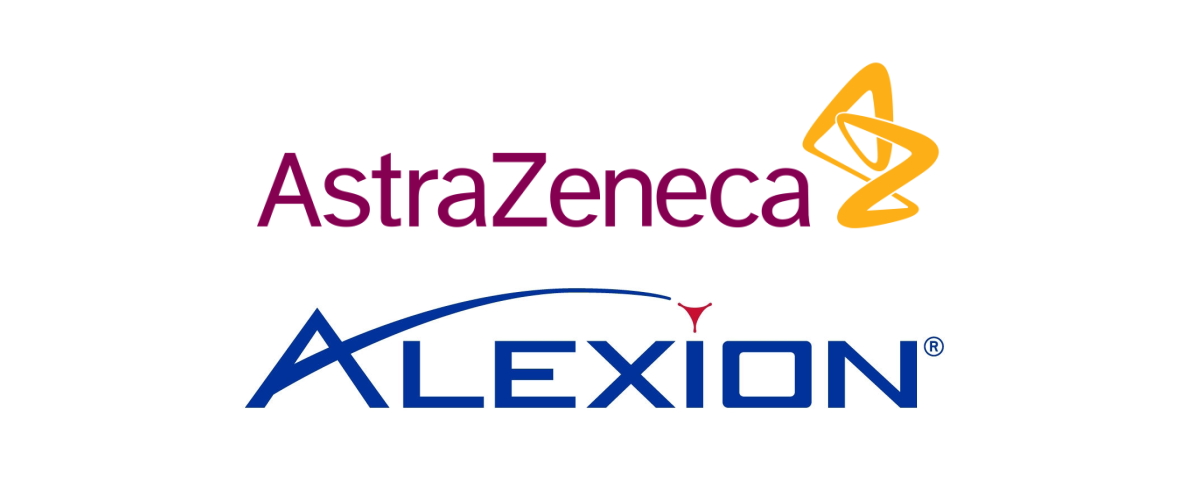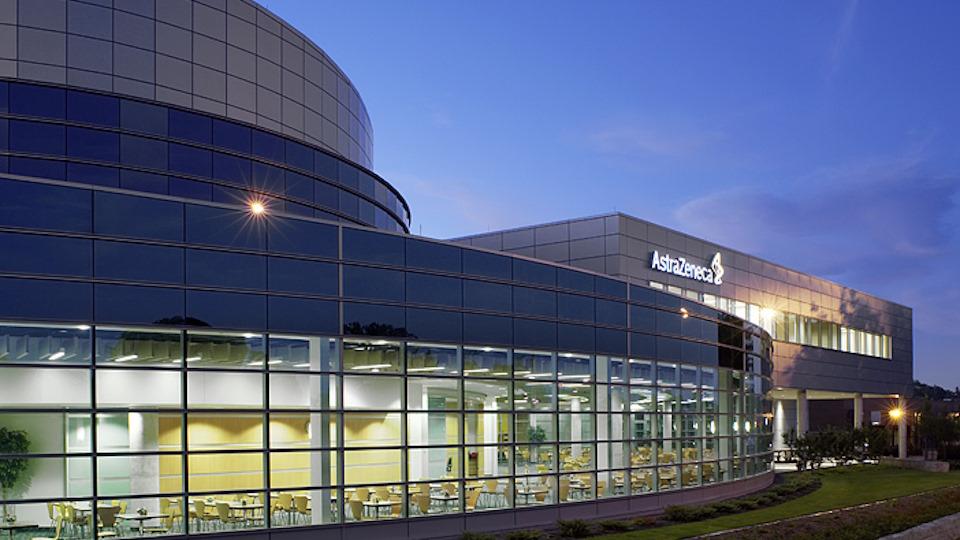Another hurdle down as EU clears AstraZeneca's Alexion takeover

The European Commission has given competition clearance to the $39 billion acquisition of Alexion by AstraZeneca, leaving the UK as the last remaining obstacle to getting the deal across the line.
The EU approval comes after the merger has already been okayed by the US, Japan and a number of other countries around the world, and AZ says it is now hoping to completing the transaction by the end of this quarter. Shareholders of both companies voted in favour of the acquisition at meetings held in May.
Prior to the US approval of the deal there had been speculation that an increasingly challenging antitrust environment for M&A – with the Federal Trade Commission (FTC) pledging to look closely at biopharma deals in particular – might lead to it being blocked or saddled with onerous conditions.
The FTC's main concern is that pharma M&A deals may be contributing to high drug prices and anti-competitive activity such as pay-for-delay deals to block generic launches.
The UK Competition and Markets Authority (CMA) started its review of the transaction in May and has said it intends to deliver its verdict by 21 July. That timeline could be extended however if it thinks there is an antitrust risk associated with the deal.
"We are now another step closer to closing the acquisition and combining the two companies to create a leader in immunology and precision medicines," said AZ's chief financial officer Marc Dunoyer, who will become chief executive of Alexion if – as now seems likely – the deal completes.
The acquisition was announced in December last year, with AZ billing it as way to expand its position in immunology and rare diseases R&D, after some years of building its positions in oncology and cardiovascular and metabolic diseases.
One of the consequences of the deal will be the creation of a rare disease R&D group – called Alexion, AstraZeneca Rare Disease – that will be headquartered at Alexion's current base in Boston.
The takeover will also bolster revenues and cash for R&D investment by adding Alexion's $4 billion blockbuster Soliris (eculizumab) and longer acting follow-up Ultomiris (ravulizumab), which on course to comfortably breach the $1 billion threshold this year after posting first-quarter sales of $347 million.
While there was some scepticism about the deal when it was first announced, the increasing take-up of Ultomiris and new approvals such as its FDA nod for children and adolescent with paroxysmal nocturnal haemoglobinuria (PNH) last month have bolstered sentiment.
Analysts at Jefferies recently said that "we see the strategic merits being more widely appreciated. A multitude of pipeline catalysts and new launches should aid a recovery of [AZ} shares," after recent weakness linked to side effects and supply disputes regarding its COVID-19 vaccine.












